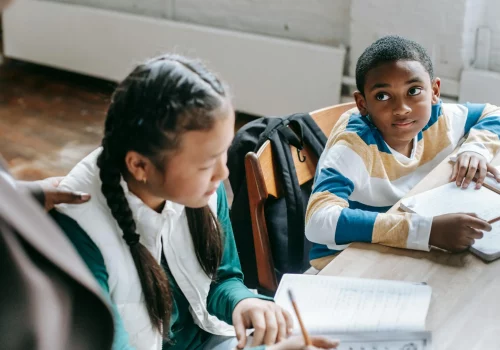
They may be cute. They may be clever. But they’re not good for kids. Child health experts are warning not to buy children’s toys that use artificial intelligence.
Child advocacy non-profit Fairplay, along with child developmental experts from the Global Alliance for Inspiring Non-tech Infant Nurturing and Growth, advise that AI toys “can undermine healthy development and pose unprecedented risks for kids and families.”
What are AI Toys?
AI toys are plushies, robots, and other playthings embedded with artificial intelligence chatbots. The AI mimics human characteristics and acts as a child’s friend.
Some AI toys are on wheels and can snake through cluttered playrooms. Cameras behind their eyes record and relay to the manufacturer what they see and hear.
Sparkly angel teddy bears are online for children “ages 0 to 20”.
Toy makers are telling families the products are safe and beneficial “before their impact has been assessed by independent research,” says the Fairplay advisory.
Continue reading





